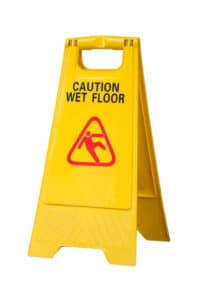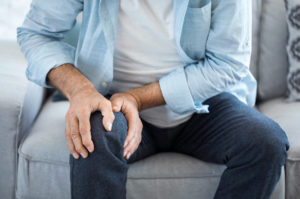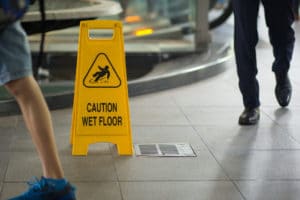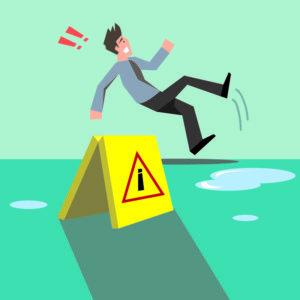Do police reports matter in car accidents? Whether your car accident is minor or results in serious injuries, it is always wise to request a police report. Police reports are essential evidence for your auto accident case. What is a police report? Following a car accident, a police report is a documentation written and compiled by the officer who arrives at the scene of your car accident. Here, law enforcement reports on all relevant details or any factors regarding your car accident. These reports might look a bit different depending where you were, like Denver or Las Vegas.
Why Do Police Reports Matter?
If you or another passenger were injured in an auto accident, a police report is very helpful in outlining the details of the incident. For example, any injuries or property damage claims that need to be filed with the negligent driver’s insurance company will require a police report. This is a standard request before any compensation or settlement is disbursed by an insurance company. Police reports do not solely focus on injuries. In fact, if you have no physical signs of injury right away–you should always file a report with the police following an accident. Police reports are crucial when no injuries occur, as well, especially if the accident resulted in any vehicle or other property damage. At the very least, a police report is needed to submit to your own insurance company when filing a claim for your vehicle damage and tentative repairs needed.
In many cases, symptoms or injuries following a car accident take days, or even months, to appear. Rather than assuming you are completely fine after an accident, even if you do not need to involve an insurance company or file a claim, you should always call the police. Making a police report in these instances allows you to have the written report for your records and insurance claims, but may also assist if injuries or symptoms arise following the accident. It is difficult, or impossible, to know if you will experience pain and symptoms a month after an accident, especially if you do not feel them when the accident occurs.
It is very common for some injuries to show up days, or even weeks, after your car accident. Here are some delayed medical conditions you may experience:
- Whiplash
- Headaches
- Neck pain or stiffness
- Back pain or spinal cord injuries
- Concussions
- Brain injuries or internal bleeding
It is unsettling knowing that injuries such as these may take time to make themselves known. By always reporting your accident to the police and making a police report, this strengthens your case if any of the previously listed or other medical conditions happen to you. Allow yourself to have the additional evidence or testimony from a trusted source, just in case.
What Do Police Reports Typically Contain?
Officers understand the importance of their reports and are thoroughly trained in the important factors to include in their reporting. In their training of car accident assessment, they gain extensive experience in types of collisions that occur, injuries that may result, and the factors that may have played a role in the car accident. This detailed report that they provide will include any detailed information needed to file your insurance claim or serve as evidence in your case, especially if injuries were a result.
The police report may record the contact information of both drivers, their insurance companies, and any witnesses of the accident. This portion of the report is vital, as this information is required in filing any claims to insurance companies. Including information regarding the witnesses allows them to be used as resources if there are any questions or disputes surrounding what happened during the accident. Officers may not report on your witnesses in thorough detail, so it is always wise to get contact information from your witnesses, prior to them leaving the accident scene.
Some factors that may be notated or communicated in your accident’s police report, other than contact information, include:
- Basic accident details: Time, date, and location of your accident
- Drawings or diagrams of the accident: Point of impact, cars involved, etc.
- Photos: Injuries, damage to vehicles, location of the accident, etc.
- Statements from both drivers: What happened from both points of view
- A narrative of the accident: Events causing, or leading up to, the collision
- Injuries: Any injuries or pain you, your passengers, or anyone from the other vehicle(s) are experiencing
- Damages: Any damage to your vehicle, the other vehicle(s), and other property involved in the accident
- Environmental conditions: Weather report, road conditions, other environmental factors that may have played a part in the car accident
- Conclusion: Any concluding remarks based on the details of the accident, also, it may report who is the at-fault driver
Whether you or a loved one is involved in a car accident, it is essential to file a police report and partner with a team of personal injury professionals you can trust. Auto accident cases may be scary and complex, and you shouldn’t go through it alone. There’s a lot on the line. Turn to our team of experienced lawyers and we will work with you to get the compensation you deserve.





























